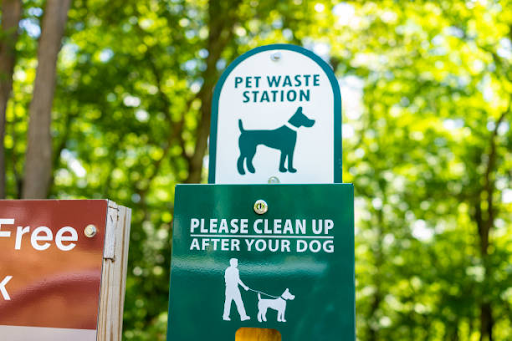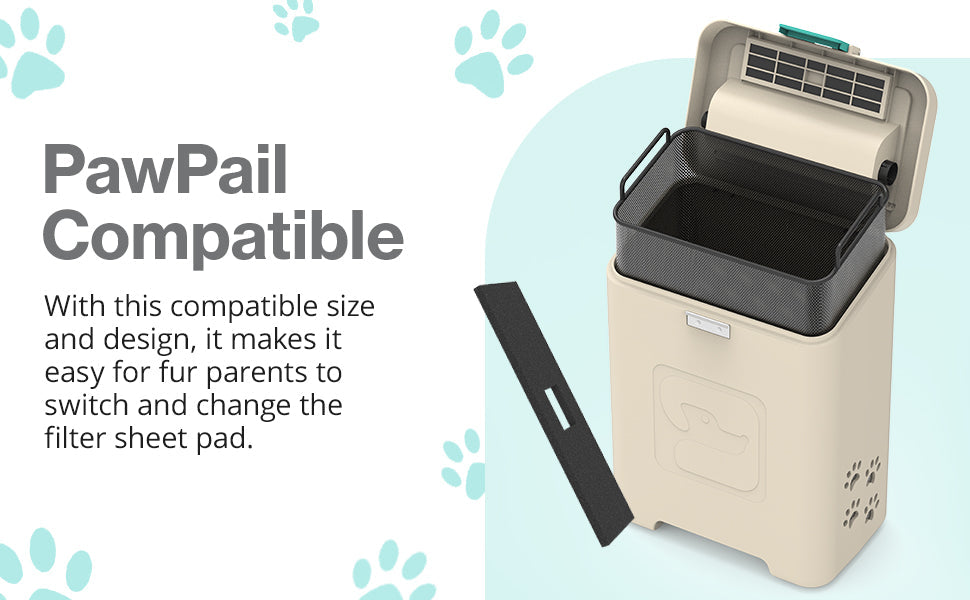I understand the importance of well-crafted content that addresses crucial issues. In bustling urban environments, the issue of unmanaged pet waste has become a pressing concern, impacting our environment and public health. This blog aims to shed light on the growing significance of dog poop stations in cities across the United States. Backed by data and statistics, we will explore how these stations are not only tackling the problem at its root but also fostering a cleaner, healthier, and more enjoyable living experience for all. Join us as we uncover the transformative power of responsible pet waste management in simple, understandable terms.
The Problem of Pet Waste in Cities: Addressing Key Concerns
As cities embrace pet ownership, a pressing issue arises unmanaged pet waste. This H2 explores the extent of this problem, its environmental and health hazards, and its impact on water sources, wildlife, and public health.
A. The prevalence of pet ownership in urban areas has surged, leading to an increase in pet waste. With more furry companions in our cities, addressing this issue becomes crucial for maintaining cleanliness and hygiene.
B. Unmanaged pet waste poses significant environmental and health hazards. Harmful bacteria and pathogens present in the waste can contaminate soil and water sources, endangering both human and animal populations.
C. The impact on water sources, wildlife, and public health cannot be ignored. Polluted waterways, endangered wildlife, and the risk of disease transmission all stem from improperly managed pet waste.
To create cleaner and more livable cities, we must address these pinpoints proactively and implement effective pet waste management solutions.
The Emergence of Dog Poop Stations - Addressing the Pinpoints
Dog poop stations have emerged as a vital solution to tackle the pressing issue of pet waste in urban areas. These stations are strategically placed in public spaces to encourage responsible pet waste management. The key to their effectiveness lies in their thoughtful design and educational approach. By providing convenient disposal options, clear signage, and easy-to-understand instructions, dog poop stations make it hassle-free for pet owners to clean up after their furry companions.
Addressing the pinpoints of pet waste not only prevents environmental and health hazards but also fosters a sense of community responsibility. As more cities embrace these stations, we witness cleaner streets, healthier ecosystems, and ultimately, more livable urban environments.

The Role of Community Engagement
A. Involving residents and pet owners in maintaining the stations:
Community involvement is vital for the success of these stations. Encourage residents and pet owners to take an active role in keeping the areas clean by disposing of pet waste properly. Promote a sense of responsibility towards the environment and their fellow citizens.
B. Building awareness about the importance of using dog poop stations:
Educate the public about the harmful effects of unmanaged pet waste on the environment and public health. Raise awareness through signage, online campaigns, and community events to promote the use of dog poop stations as a simple yet effective solution.
C. Encouraging responsible pet ownership and waste management practices:
Promote responsible pet ownership by emphasizing the need to clean up after pets. Advocate for proper waste management practices to ensure a cleaner and healthier city for all residents.
By implementing these strategies, cities can successfully address the pinpoints and make dog poop stations a powerful tool for creating cleaner and more livable urban environments.
Overcoming Challenges and Obstacles
In the pursuit of creating cleaner and more livable cities through dog poop stations, it is crucial to address the pinpoints that may hinder their successful implementation. One common challenge is resistance from certain community members or local authorities who might question the need or cost of these stations. To overcome this, we must emphasize the environmental and public health benefits they bring. Additionally, educating the public on the importance of responsible pet ownership and waste management can foster greater acceptance. Another obstacle is the ongoing maintenance of these stations. Engaging volunteers or partnering with local businesses can help ensure their sustainability. By tackling these challenges head-on, we can build thriving urban environments together.

Future Prospects and Innovations
In this section, we'll explore the exciting future prospects and innovations surrounding dog poop stations, aiming to address the pinpoints of pet waste management in cities. As responsible pet ownership gains momentum, technological advancements play a crucial role. One promising innovation is smart waste disposal systems, equipped with sensors to monitor fill levels and optimize waste collection routes. These efficient systems ensure timely maintenance and reduce overflow issues. Additionally, integrating pet waste composting methods can further promote sustainability and environmental benefits. As we continue to refine these innovations, expanding dog poop stations to more areas becomes feasible, creating cleaner and healthier cities for all.
Conclusion
In conclusion, dog poop stations play a pivotal role in addressing the pinpoints of pet waste management, making cities cleaner and more livable. By providing designated areas for pet owners to dispose of their dogs' waste responsibly, these stations effectively tackle the environmental and health hazards posed by unmanaged pet waste. Cities that have implemented these stations have observed positive outcomes, including improved water quality, reduced impact on wildlife, and enhanced public health. Moving forward, it is crucial to engage the community actively in maintaining these stations and promoting responsible pet ownership. With continued support and innovative strategies, we can create greener and healthier urban environments for everyone.
Frequently Asked Questions (FAQ)
A.Dog poop stations are designated areas in public spaces where pet owners can dispose of their dogs' waste responsibly. These stations typically consist of waste disposal bins, waste bags, and educational signage to encourage responsible pet waste management.
A.Dog poop stations play a crucial role in keeping cities clean by providing a convenient and hygienic way for pet owners to dispose of their dogs' waste. When pet waste is properly collected and disposed of, it prevents contamination of sidewalks, parks, and water sources, resulting in a cleaner urban environment.
A.Yes, dog poop stations are highly effective in reducing environmental hazards. When pet waste is left unmanaged, it can contribute to water pollution, posing a threat to aquatic ecosystems and public health. By encouraging proper disposal, these stations mitigate these risks and promote a healthier environment.
A.Community engagement is crucial for the success of dog poop stations. Residents can actively participate by regularly emptying waste bins, restocking waste bags, and reporting any maintenance issues to the local authorities. Additionally, educating fellow pet owners about the importance of using these stations responsibly fosters a sense of responsibility and ownership within the community.
A. Yes, dog poop stations are considered cost-effective and sustainable solutions for cities. The initial investment is outweighed by the long-term benefits of reduced cleanup costs and improved public health. By incorporating these stations into broader urban planning efforts, cities can enhance their overall livability while ensuring responsible pet waste management.



